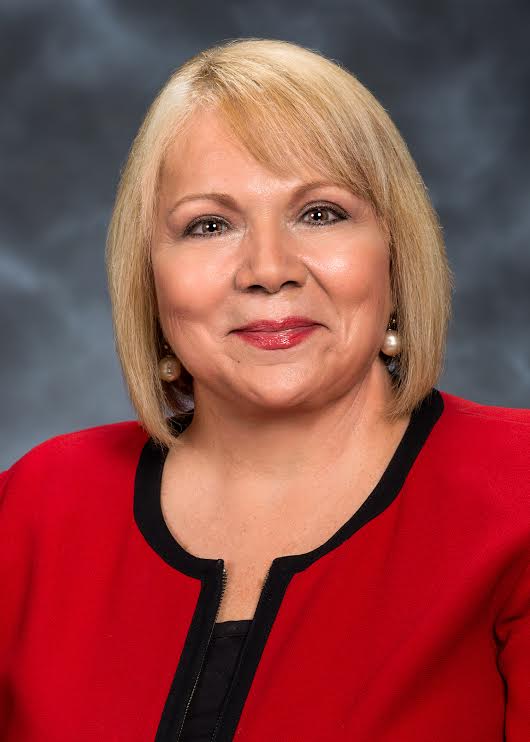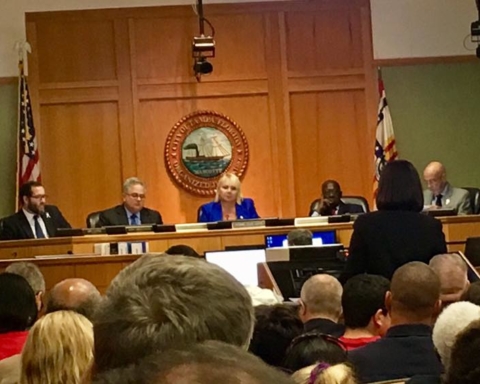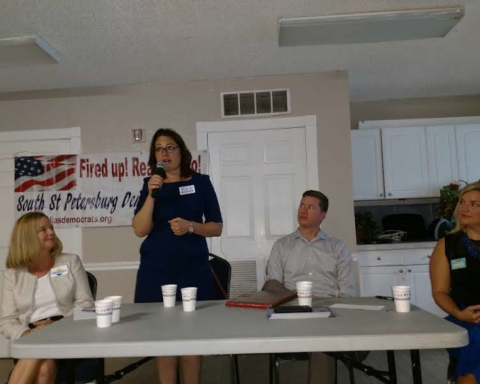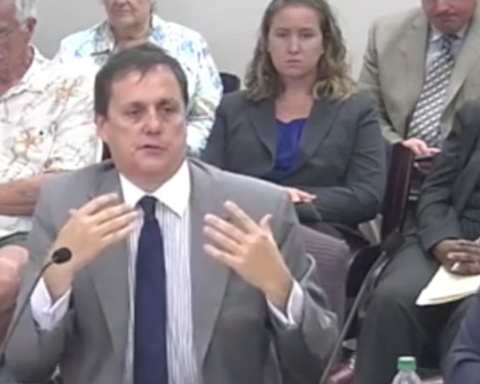For the first time in nearly three decades, the city of Tampa is poised to raise property taxes.
But first, City Council members want a lot more information from Mayor Bob Buckhorn before agreeing to any millage rate increase.
Last month, the mayor told council members that a combination of circumstances — including two large balloon payments going back more than two decades that need to be addressed now — will need the city to raise the millage fee for the first time since 1988. The city is facing $14 million in debt next year and $50 million through the 2022 fiscal year.
Debts include $6 million for a federal loan on the Centro Ybor complex, as well as annual payments of $13.6 million on money borrowed for buildings and equipment for Tampa’s Police and Fire Departments.
Council members are saying they feel burned by Buckhorn since he knew about debt issues for now more than two years, but never mentioned them at all until last month. A few council members said that if they were told earlier, for one thing, they wouldn’t have agreed to spend $15 million in BP funds for a newly redesigned Riverfront Park, a pet project of Buckhorn’s which is slated to cost more than $30 million.
“The mayor knew, and he chose not to deal with it until now, and that is the real problem for me,” City Council Chair Yolie Capin said. She said she was OK with a millage increase, but resented the lack of getting the full information about the state of the entire budget.
“Whatever millage we agree on, it should be called ‘the Buckhorn tax,’ because it was his decision not to inform us,” Capin added, saying that if she had known about the looming debt payments due, she would not have voted to support using BP funds for the improvements to Riverfront Park.
Buckhorn was a member of the City Council in 1996 that approved the plan to back-load so much debt back two decades ahead. So was Rudy Fernandez, who Capin brought up out of the audience in Council chambers to address the council. Unlike Buckhorn, however, Fernandez voted against the proposal.
“I did not think it made sense at the time,” Fernandez told the current council. An accounting major in college, Fernandez said the proposal violated the tenet that you don’t have pay for a short-term expenditure with a long-term bond, “just like you wouldn’t buy a used car and finance it for 30 years on a loan you couldn’t pay back early, where you had to pay back all the principal 20-30 years later.”
“Very irresponsible,” said a disgusted Guido Maniscalco, who thanked Fernandez for opposing the proposal 21 years ago.
Buckhorn is asking for a millage increase of 0.9 — or 90 cents per $1,000 of assessed property value — but several council members said they couldn’t sign off on that without finding out a comprehensive list of all the city’s debts, including with Enterprise funds.
Other factors squeezing the city’s fiscal situation are increases in the city’s health care costs, and the potential of losing $6 million annually if a constitutional amendment to expand the homestead exemption passes next year.
City Budget Director Sonya Little says that the fact that the bonds were “non-callable,” where an issuer can decide to retire the bonds earlier than the maturity date, making them extremely hard to refinance, “makes all the difference in the world.”
Councilman Harry Cohen said he felt as if the city could have already started paying down the debt if they had been aware of the facts earlier and still found the most of the funds to pay for Riverfront Park.
Cohen told Little that he heard her say that the city had used $15 million in BP funds for the park, but received $20 million in BP funds in a settlement. Upon learning the city has a remaining $5 million in reserves, Cohen said that means the city could pay down some outstanding debt using BP funds.
“That would be an option for discussion,” Little acknowledged.
Meanwhile, the clock is ticking for the council to approve the mayor’s budget for the 2019 fiscal year, which must be approved to fund the government by Oct. 1.
Little says that over the next week or so, she and the mayor will meet individually with council members, and the council will hold a special meeting Tuesday, Sept. 7, in advance of the first public hearing on the budget scheduled for Sept. 12.
The second (and final) public hearing is Sept. 26.
“If we are going to look the public squarely in the face and tell them there has to be a millage increase of even one cent, we must absolutely assure people that we have scrubbed every account and looked for every cent that we can find,” Cohen said, “in order to at least reduce the amount of money that we’re going to need to come up with.”









